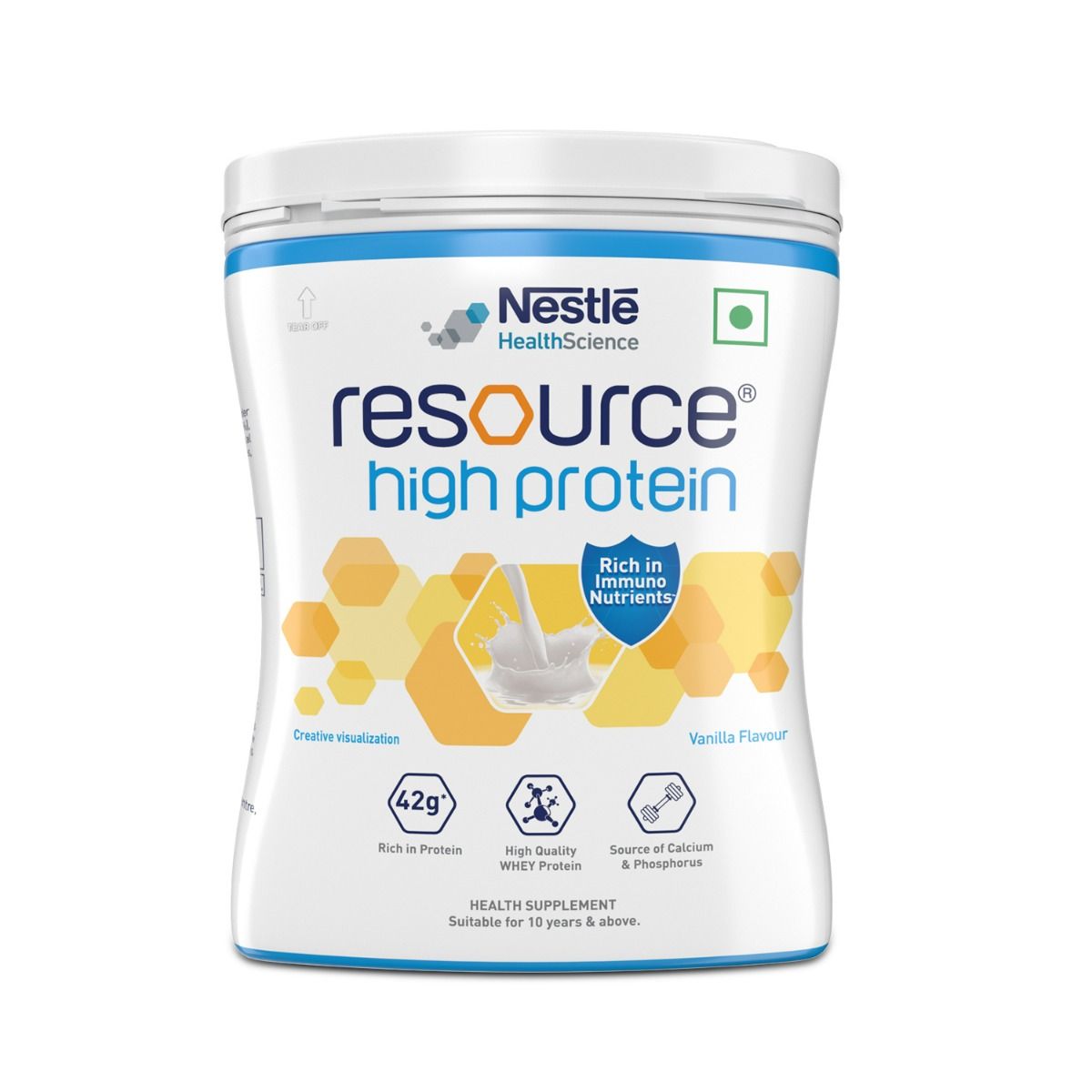If your child is a budding athlete, you will know how much physical effort and dedication go into their training. As a parent, you want to ensure they are fuelling their bodies in a way that supports peak performance and safe recovery. Recently, BCAA drinks for kids have gained attention in the world of youth sports. But are they necessary, and more importantly, are they safe?
This guide will help parents understand what BCAAs are, how they work, who might benefit, and what safety measures are essential before introducing them into a child’s routine.



